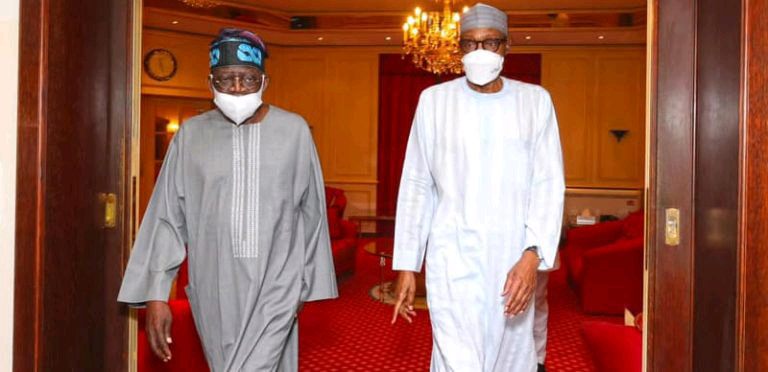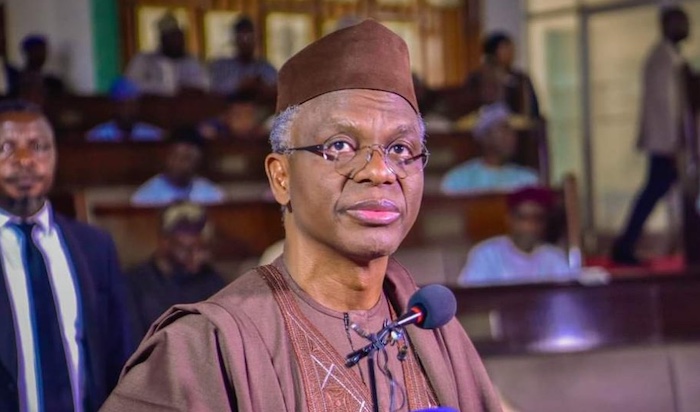BIG STORY
JUST IN: Presidency Tackles Tinubu, Says Nobody Can Take Credit For Buhari’s Victory
-

 BIG STORY3 days ago
BIG STORY3 days agoBREAKING: Sanwo-Olu Receives 60th Birthday Special Publication From Lanre Alfred At Lagos House [PHOTOS]
-

 BIG STORY4 days ago
BIG STORY4 days agoUS To Revoke Citizenship Of 25 Million Naturalised Immigrant
-

 BIG STORY2 days ago
BIG STORY2 days agoBREAKING: Liverpool Star Diogo Jota Dies In Car Crash At 28
-

 BIG STORY4 days ago
BIG STORY4 days agoIbadan Poly Students Shut Down School Gates, Block Road Over Renaming to Olunloyo Polytechnic
-

 BIG STORY3 days ago
BIG STORY3 days agoJUST IN: Atiku, Obi, El-Rufai, Opposition Coalition Leaders Arrive For ADC Unveiling
-

 BIG STORY4 days ago
BIG STORY4 days agoWithout US Subsidies, Elon Musk Would Have To Return To South Africa — Donald Trump
-

 BIG STORY4 days ago
BIG STORY4 days agoJUST IN: NAPTIP Adds Speed Darlington On International Watchlist, Alerts Interpol
-

 BIG STORY2 days ago
BIG STORY2 days agoBREAKING: Abure-Led Labour Party Asks Peter Obi To Resign In 48 Hours For Joining ADC Coalition

























